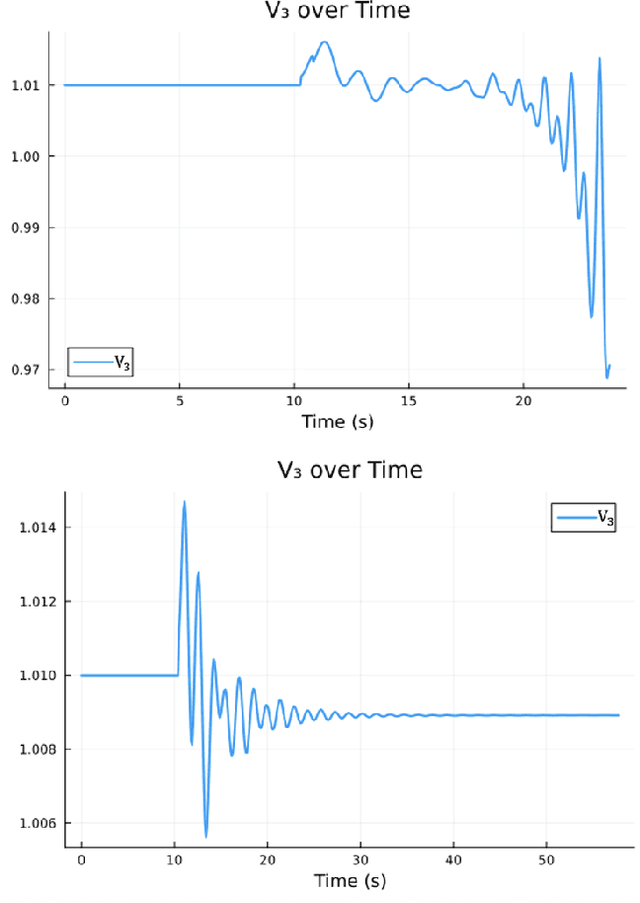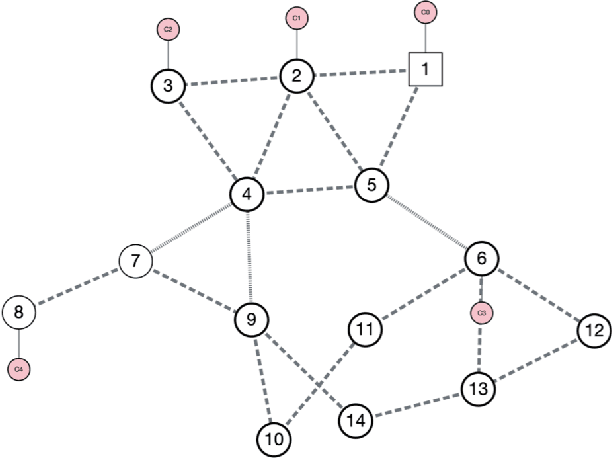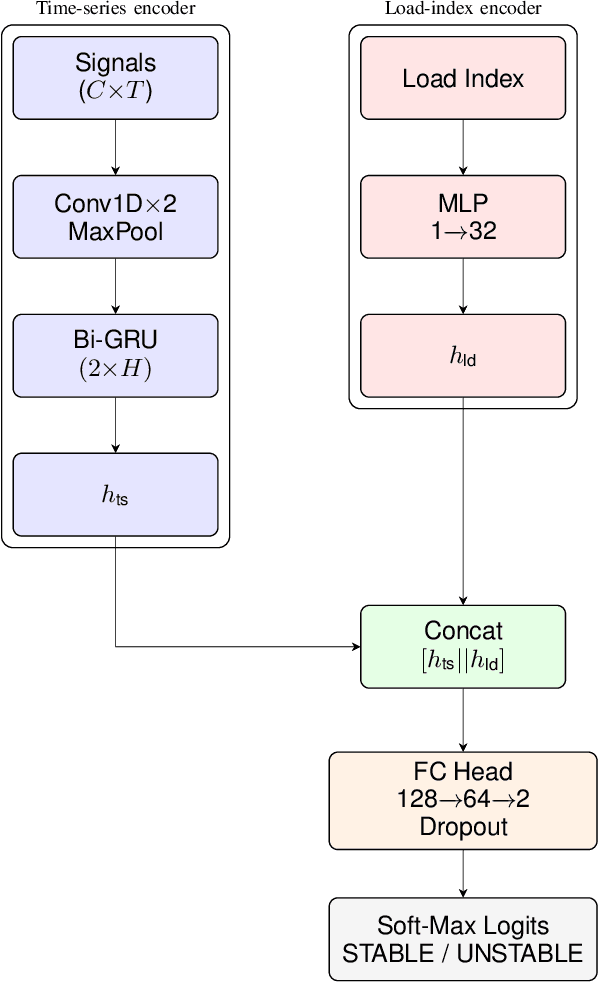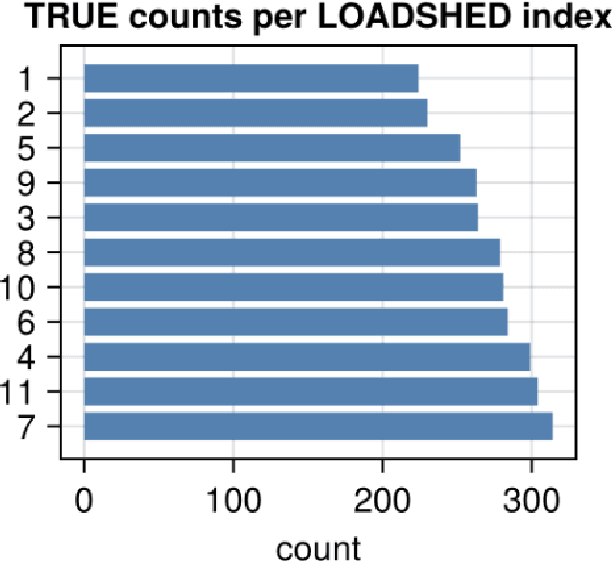Sean Warnick
Machine-Learning Driven Load Shedding to Mitigate Instability Attacks in Power Grids
Sep 30, 2025



Abstract:Every year critical infrastructure becomes more complex and we grow to rely on it more and more. With this reliance, it becomes an attractive target for cyberattacks from sophisticated actors, with one of the most attractive targets being the power grid. One class of attacks, instability attacks, is a newer type of attack that has relatively few protections developed. We present a cost effective, data-driven approach to training a supervised machine learning model to retrofit load shedding decision systems in power grids with the capacity to defend against instability attacks. We show a proof of concept on the IEEE 14 Bus System using the Achilles Heel Technologies Power Grid Analyzer, and show through an implementation of modified Prony analysis (MPA) that MPA is a viable method for detecting instability attacks and triggering defense mechanisms.
LLM Generated Distribution-Based Prediction of US Electoral Results, Part I
Nov 05, 2024



Abstract:This paper introduces distribution-based prediction, a novel approach to using Large Language Models (LLMs) as predictive tools by interpreting output token probabilities as distributions representing the models' learned representation of the world. This distribution-based nature offers an alternative perspective for analyzing algorithmic fidelity, complementing the approach used in silicon sampling. We demonstrate the use of distribution-based prediction in the context of recent United States presidential election, showing that this method can be used to determine task specific bias, prompt noise, and algorithmic fidelity. This approach has significant implications for assessing the reliability and increasing transparency of LLM-based predictions across various domains.
 Add to Chrome
Add to Chrome Add to Firefox
Add to Firefox Add to Edge
Add to Edge